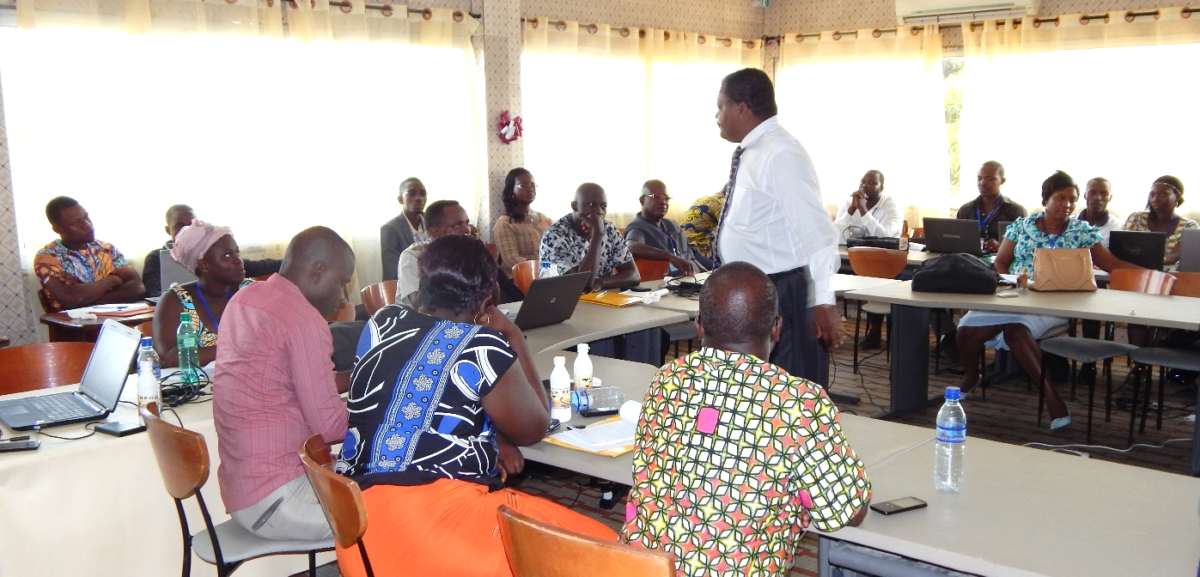Private foundations have a unique opportunity to invest in solutions to complex problems and to do so for the long haul. Today, we announced two grants that can each be placed on a long arc of support for biodiversity information systems in sub-Saharan Africa.
In 2011, JRS supported Costa Rica’s InBIO to assist Benin and the Université d’Abomey-Calavi (UAC) to set up the Benin node of the Global Biodiversity Information Facility (GBIF). The project successfully established the node, digitization workflows, and training, resulting in about 10,000 published biodiversity records over 25,000 digitized records. We stayed the course in 2014, with a direct investment to the UAC in Benin to expand and deepen its efforts. That project, under the direction of Dr. Jean Ganglo, trained dozens of students and professionals, published 150,000 records to GBIF, produced almost a dozen scientific publications, and developed the curriculum for West Africa’s first Master’s Degree Program in Biodiversity Informatics. The Master’s Degree Program that we are funding now, plants seeds for future capacity development for biodiversity information systems. The program will develop open access training materials to be adopted and enhanced elsewhere in the region and its students will be enrolled from Benin and across the continent. Embedded in the program is professional training for working professionals and the connection of Master’s students to information challenges in Benin.
Investments in capacity development for access to biodiversity knowledge will be sustained when they serve local needs for conservation and economic development.
In 2012, we made our largest grant to the University of Kansas for a project led by Dr. Town Petersen to develop and deliver a Biodiversity Informatics Training Curriculum (BITC1) in sub-Saharan Africa. Nine courses were offered in South Africa, Kenya, Ghana, Ethiopia, and Uganda. More than 140 students and research scientists from 22 African countries have participated in these in-person trainings. Those trainees have become instructors themselves, grantees of JRS and the GBIF-BID program, and are active in biodiversity projects across Africa. We learned that our greatest impact is at the level of individuals and networks of individuals. All our subsequent grants have included investment in Master’s and PhD training, training of mid-career professionals, open access to training materials, and connections to data users. The follow-on investment to the University of Oxford (BITC2) designs its training courses in partnership with local data users in Botswana, Rwanda, and Malawi. A new advisory board of African scientists will help in course design and trainee selection. Keeping an eye to the future and the long-term nature of capacity development, Dr. Erin Saupe’s project will include planning to base the next generation of training (perhaps BITC3?) in Africa and with African leadership.
Capacity development takes the vision and courage to invest in institutions that may not have the capacity to execute their plans at the time of investment. We are learning how to make capacity investments last by sticking with them for a decade, by supporting local champions, by serving local economic and political needs, and by building networks of talented young scientists. Today’s university students and young professionals are ‘digital natives’ for whom apps, mobile access, and big data visualizations are the expected tools of conservation. It is an honor to support them.

